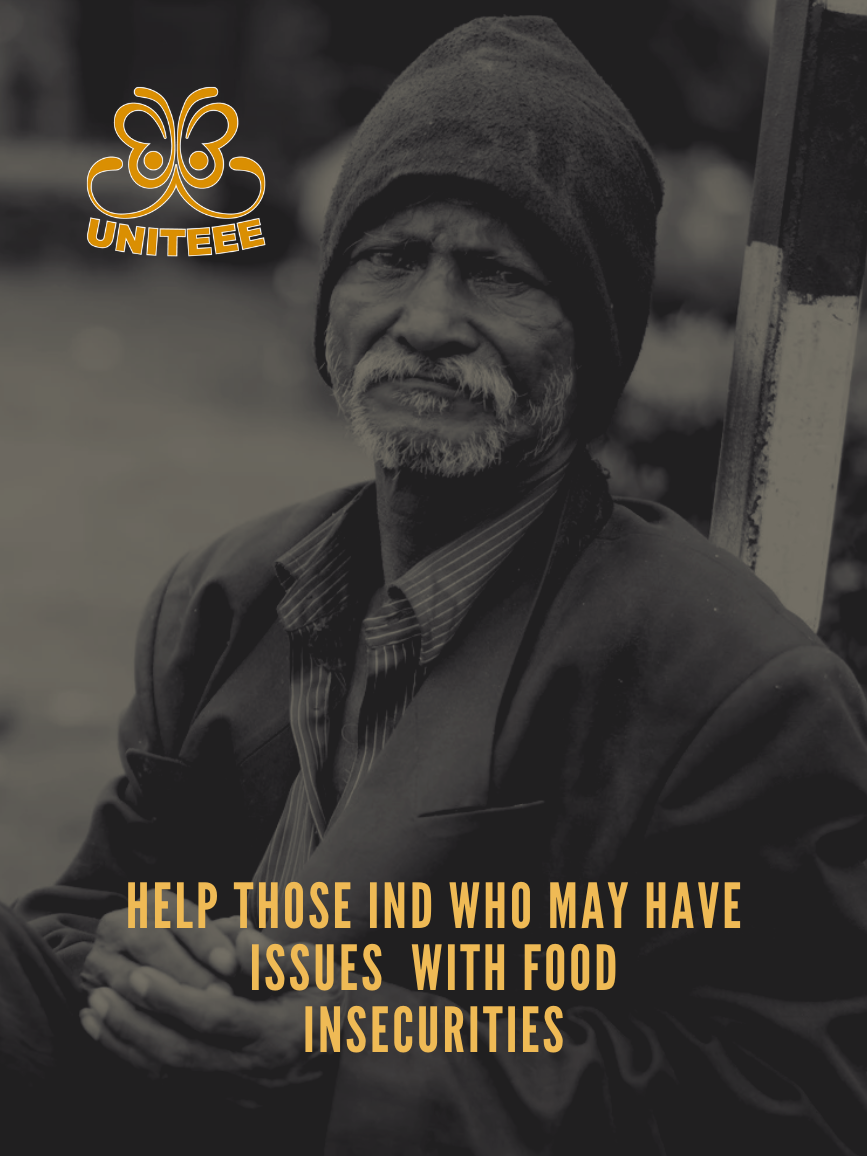
What is Food Insecurity?
Food insecurity refers to the lack of consistent access to enough nutritious food for a healthy lifestyle. This can manifest in various ways, such as:
Causes of Food Insecurity
Several factors contribute to food insecurity, including:
Food Insecurity Impact:
Food insecurity has profound consequences for individuals and communities:
What Can We Do?
Addressing food insecurity requires a multi-faceted approach:
Food insecurity is a critical issue that demands our attention and action. By working together, we can build a more just and equitable community where everyone has access to the nutritious food they need to thrive.
The Hidden Struggle Behind the Golden State's Glamour
In the land of sunshine and prosperity, Southern California faces a stark and growing challenge: widespread food insecurity that impacts millions of residents across Los Angeles, Orange, San Bernardino, and Riverside Counties.
The Southern California Food Landscape
Recent RAPID-California Voices Project data paints a sobering picture of hunger in the region:
- In Los Angeles County 56% of parents with young children have experienced food insecurities
- San Bernardino and Riverside Counties report food insecurity rates approaching 20% of their total population
- Working families, immigrants, and communities of color are disproportionately affected
Regional Economic Challenges
Southern California's unique economic ecosystem contributes to food insecurity:
- High cost of living, particularly in coastal and urban areas
- Significant income disparities
- Impact of seasonal agricultural and service industry employment
- Ongoing economic recovery from pandemic disruptions
Demographic Breakdown
1. Los Angeles County
- Highest concentration of food-insecure residents
- Large immigrant population with complex access to resources
- Significant urban-rural divide in food access
2. Inland Empire (San Bernardino and Riverside Counties)
- Growing working-class communities with limited food resources
- Impact of logistics and service industry job instability
- Large families facing economic challenges
Local Innovations in Fighting Hunger
Community-Driven Solutions
- South Los Angeles Sustainable Urban Agriculture Collaborative
- Riverside County Mobile Food Pantry Program
- Orange County Community Food Access Network
- San Bernardino County Youth Nutrition Initiative
Personal Stories of Resilience
Rosa Martinez, a single mother in East Los Angeles, shares her experience: "Some weeks, choosing between rent and groceries is a daily reality. Community food programs have been our lifeline."
Environmental Factors
- Drought impacts on local agriculture
- Climate change affecting food production
- Water scarcity challenges for urban farming
- Rising transportation costs affecting food distribution
Local Farming Initiatives
- Transforming vacant lots in South Los Angeles into community gardens
- Vertical farming projects in dense urban areas
- School-based agriculture programs in the Inland Empire
- Community-supported agriculture networks
Key Local Organizations
- Los Angeles Regional Food Bank
- Second Harvest Orange County
- Feeding America Inland Empire
- San Diego Hunger Coalition
Support Programs
- CalFresh (California's SNAP program)
- Local school meal expansion programs
- Community college food pantry networks
- Targeted support for undocumented residents
Call to Action for Southern Californians
Ways to Make a Difference:
- Volunteer at local food banks
- Support local urban farming initiatives
- Advocate for comprehensive food insecurity policies
- Donate to local community food programs
- Support local businesses that address food insecurity
Resources for Southern California Residents
Food Assistance Hotlines:
- LA County Food Resources: 211
- Feeding America Inland SoCal: (951) 359-4757
- Orange County Food Bank: (714) 897-6670
Looking Forward
Southern California stands at a critical moment. By addressing food insecurity through innovative, compassionate, and comprehensive approaches, we can build a more resilient and equitable food system for all residents.
The challenge is significant, but the spirit of innovation and community offers hope for meaningful change.